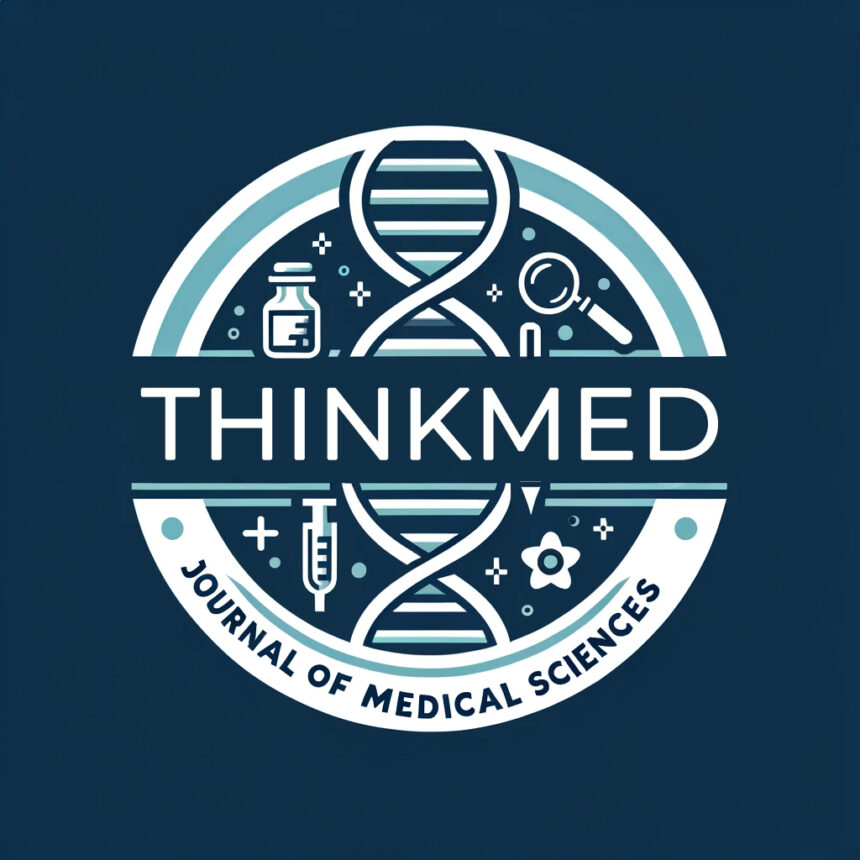Author: Dr. Vaibhav Singh, KGMU

Cystic fibrosis (CF) is a complex autosomal recessive genetic disorder characterized by dysfunction in the cystic fibrosis transmembrane conductance regulator (CFTR) protein. This condition primarily affects the respiratory, digestive, and reproductive systems, leading to a myriad of clinical manifestations. CFTR, a chloride channel present in the epithelial cells of various organs, plays a pivotal role in maintaining proper ion and fluid transport across cell membranes. Mutations in the CFTR gene result in defective CFTR protein function, leading to thickened, sticky mucus production in the airways, digestive tract, and other affected tissues.
In the respiratory system, CF leads to the accumulation of thick mucus in the airways, causing chronic airway obstruction, recurrent respiratory infections, and progressive lung damage. This not only impairs lung function but also contributes to the decreased quality of life and life expectancy in individuals with CF. Respiratory management in CF involves airway clearance techniques, mucolytics, bronchodilators, and aggressive antibiotic therapy to combat infections.
Cystic fibrosis also profoundly impacts the digestive system, leading to impaired secretion of pancreatic enzymes and bile, which disrupts the digestion and absorption of nutrients. Malnutrition and growth failure are common complications in CF patients. Pancreatic enzyme replacement therapy is a cornerstone of treatment, along with a high-calorie diet to ensure adequate nutrition.
Apart from respiratory and digestive issues, CF can affect other organs and systems, including the sweat glands, liver, and reproductive organs. Excessive salt loss in sweat can lead to electrolyte imbalances, while liver disease, such as cirrhosis, can develop in some cases. Fertility issues are common among CF patients due to blocked sperm ducts in males and thickened cervical mucus in females.
Diagnosis of CF involves a combination of clinical evaluation, sweat chloride testing, and genetic testing to identify mutations in the CFTR gene. Early and accurate diagnosis is crucial for implementing appropriate therapeutic interventions and improving the prognosis.
Treatment of CF has significantly advanced in recent years, with the development of targeted therapies, such as CFTR modulators like ivacaftor, lumacaftor/ivacaftor, and tezacaftor/ivacaftor. These medications aim to correct the underlying CFTR protein defect and have shown promising results in improving lung function and reducing disease progression. Additionally, supportive care remains vital, including physical therapy, nutritional support, and management of pulmonary exacerbations.
In conclusion, cystic fibrosis is a complex genetic disorder affecting multiple organ systems, primarily the respiratory and digestive systems. It results from mutations in the CFTR gene, leading to impaired ion and fluid transport and the production of thick mucus. Early diagnosis and comprehensive management strategies, including targeted CFTR modulator therapies, have transformed the outlook for CF patients, offering hope for improved quality of life and extended life expectancy. Ongoing research continues to advance our understanding and treatment of this challenging condition, emphasizing the importance of a multidisciplinary approach in the care of individuals with cystic fibrosis.



